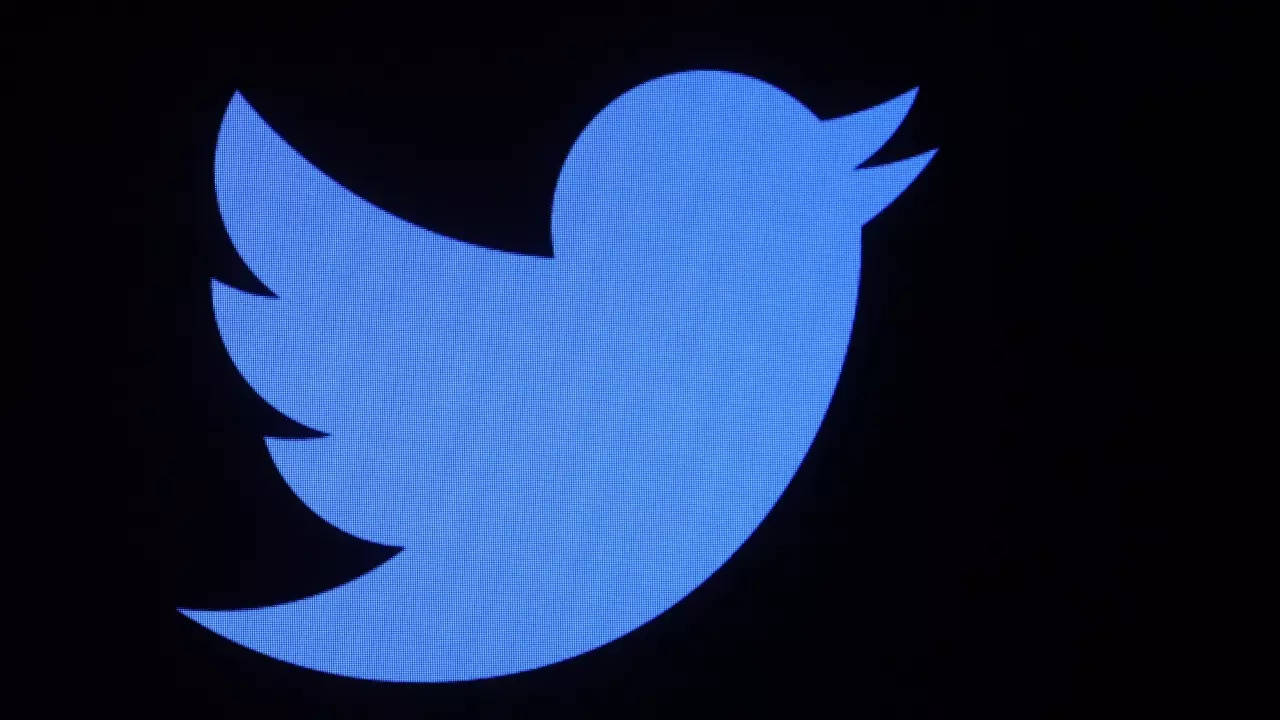Twitter bans over 11 lakh Indian accounts, here’s why

According to the company, most of the accounts were banned for abuse/harassment (264), followed by hateful conduct (84), sensitive adult content (67) and defamation (51).It also took down 1,843 accounts for promoting terrorism on Twitter in the country.
In its monthly report, the social media company said that it received 518 complaints from users in India through its grievance redressal mechanisms during the April-May timeframe.”We overturned 25 of these account suspensions after reviewing the specifics of the situation. The remaining reported accounts remain suspended,” the company said in its report published this week.
The new IT Rules 2021 make it mandatory for big digital and social media platforms that have more than 5 million users to publish monthly compliance reports.
“We received 29 requests related to general questions about Twitter accounts during this reporting period,” it added. Twitter said it processed 90 grievances which were appealing account suspensions.
Last month, Twitter announced that it banned 25,51,623 accounts in India between March 26 and April 25.
Twitter walls access to tweets
The development comes as Twitter has walled the accounts and users are required to log in to access any tweet on the platform. Epic Games boss, Tim Sweeney, lambasted the move in a tweet.
“News sites are paywalled or account walled, Reddit is nag walled, Google search spams ads and SEO to the point of uselessness, and now Twitter is account walled. Web browsing feels horrible now,” he said.
Responding to his tweet, Musk tweeted: “Several hundred organisations (maybe more) were scraping Twitter data extremely aggressively, to the point where it was affecting the real user experience. What should we do to stop that? I’m open to ideas.”
Sweeney told Musk to limit scraping and take legal action against companies that are abusing the service, to which Musk replied that Twitter will “take legal action against those who stole our data & look forward to seeing them in court, which is (optimistically) 2 to 3 years from now.”





